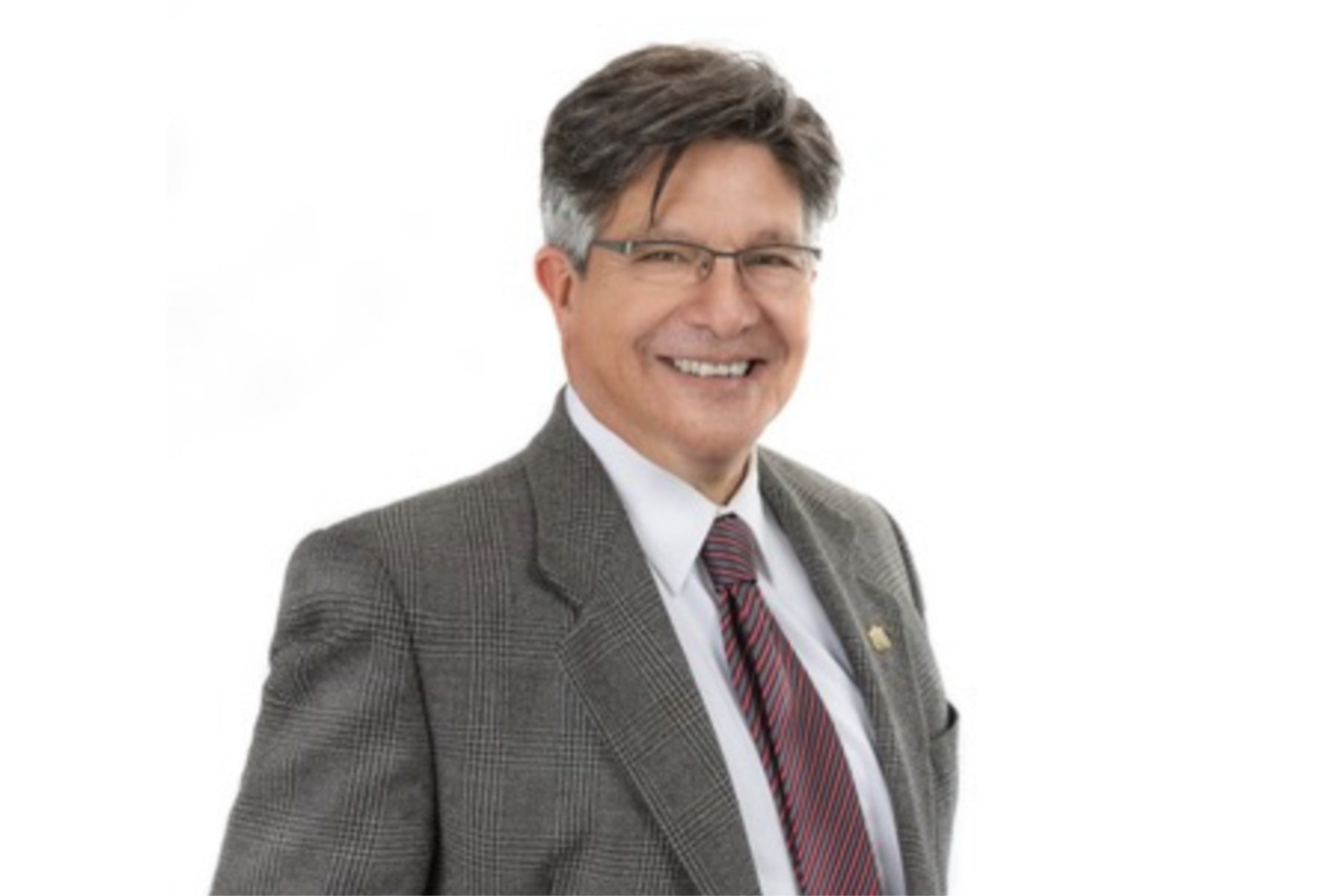BUENOS AIRES (CCN) — Born in Nicaragua amid the turmoil of civil war, the need to escape led Marco Navarro-Génie to Canada, where the seeds of exile took root. In 1979, a teenager at the time, he left his parents behind and joined his sister, a university student in Montreal.
It was not easy for Navarro-Génie to adapt to Canadian society, but he said attending a Catholic high school paved a way forward.
“I was 15 when I came here and, at that age, everything new was exciting,” he said. “But I had never been away from home for very long, and the spectre of exile weighed heavily on my adolescent soul.”
Despite the initial challenges of acclimating to a new culture and language, his resilient spirit and determination propelled him.
As the civil war in Nicaragua intensified, it became evident to Navarro-Génie that he would not be returning to his home country any time soon. So, upon graduating from high school, he enrolled at Concordia University and studied political philosophy.
In 1990, Navarro-Génie moved to Calgary in search of new opportunities, earning a master’s degree and a doctorate in political philosophy from the University of Calgary. For the next two decades, he worked as a history and political science professor at several Canadian universities, until a situation arose that conflicted with his principles.
He decided to hold to his principles, which led to his termination. Although he had access to free legal assistance, he chose not to pursue litigation. He believed the university was straying from its core mission, and he saw no reason to continue working in an environment where he felt unwelcome.
Navarro-Génie said he is thankful he stood up for his values, but he does not seek to impose them on others. “I’m a traditional Catholic in a world of modernism and liberalism,” he said, “but I’m not after making this world perfect or perfectly just.”
While leaving teaching was not easy at first, he quickly secured a research position at the Frontier Centre for Public Policy, which is based in Winnipeg and operates from Calgary. He was later hired at the Atlantic Institute for Market Studies, a small research centre in Halifax, where he served as president for six years.
Navarro-Génie has found many similarities between teaching and research.
“I realized that the more you learn, the more you want to talk about the things you are learning. In that sense, it is a very similar experience to being a writer. I see the reading audience as a larger classroom,” he said. “Once a teacher, always a teacher.”
After two decades in academia, he joined the free-market public policy world. Today, he serves as president of the Calgary-based Haultain Research Institute, which he founded in 2019. The institute is “an independent educational organization dedicated to finding solutions to the structural inequities detrimental to landlocked Canadian provinces,” according to its website. Navarro-Génie is also co-founder and director of Nurses for Sustainable Care and the former director of the International Centre for Human Rights and Democratic Development.
At the Haultain Institute, his primary objective is to provide citizens with knowledge, opinions and analyses that enable them to exercise greater agency in social and political matters. Informed by Catholic social teaching, his particular concern is upholding the inherent dignity of each person, often eroded by the influence of mass technologies. He recognizes the positive aspects of technological advancements but also warns of the ways they promote homogeneity and divert people’s attention from spirituality and their essential humanity.
Acknowledging that “public policy impacts are measured in geological time sometimes,” Navarro-Génie said the institute has been most successful in penetrating the culture with the idea that being landlocked does not doom Alberta and Saskatchewan to a lesser economic fate. Some policymakers and writers have taken up these ideas and are demanding that the policies trapping Alberta’s resources be changed.
“Some of the poorest countries in the world have access to oceans, and in some cases two oceans, Honduras and Nicaragua, for example,” he said. “And some of the richest countries in the world are landlocked, such as Austria and Switzerland.
“Geography is not destiny. What matters most are the capacities of a people and the policy ideas that fuel them.”
When the situation in Nicaragua deteriorated further, impacting the church as well, Navarro-Génie wrote articles for Canadian and U.S. dailies and websites to raise awareness among North American readers.
When Navarro-Génie left Nicaragua at the start of the civil war, the church was divided, with some clergy supporting the Marxist guerrillas, he explained. However, in 2008, the church changed course and, by 2018, supported popular nationwide protests against the dictatorship.
Since then, the dictators have declared war on the church, he said. They have attacked church buildings and closed churches, schools, convents and Catholic universities. Many priests and bishops have been imprisoned, tortured and expelled from the country, and the Missionaries of Charity, founded by St. Teresa of Kolkata, have been exiled, accused of financing terrorism.
On the spiritual plane, echoing St. Augustine, Navarro-Génie maintains that this life is “a pilgrimage to heaven.”
“We should take care of the basic things in this world that allow us to make our journey,” he said, “though without distracting us from the goal of the voyage, which is to return to God.”
Argentinian journalist Milagros San Martín writes and translates for the Juan Diego Network. She is an alumna of “Telling Truth in Charity: Introduction to Catholic Journalism,” offered by Canadian Catholic News.





While Navarro-Génie’s dedication to principles is admirable, perhaps his definition of unwelcome environment is best suited for a monastery, not a modern university. It seems his main beef was the liberalism, a term often used as a modernist epithet for those who dont share his specific brand of traditionalism. His quick pivot to the free-market think tank world suggests his principles were perhaps more about finding like-minded souls than about navigating academic discourse. His concern for the dignity eroded by mass tech is timely, though perhaps his focus on spirituality over policy is a bit like worrying about the destination while ignoring the GPS. On a lighter note, telling Albertans their geography isnt destiny is like telling a fish it doesnt need water – obvious, but still a good reminder! And his take on Nicaragua sounds like a plot summary for a telenovela with extra church explosions. All in all, a man who clearly knows his pilgrimage path, even if the rest of us are still trying to figure out the map.MIM